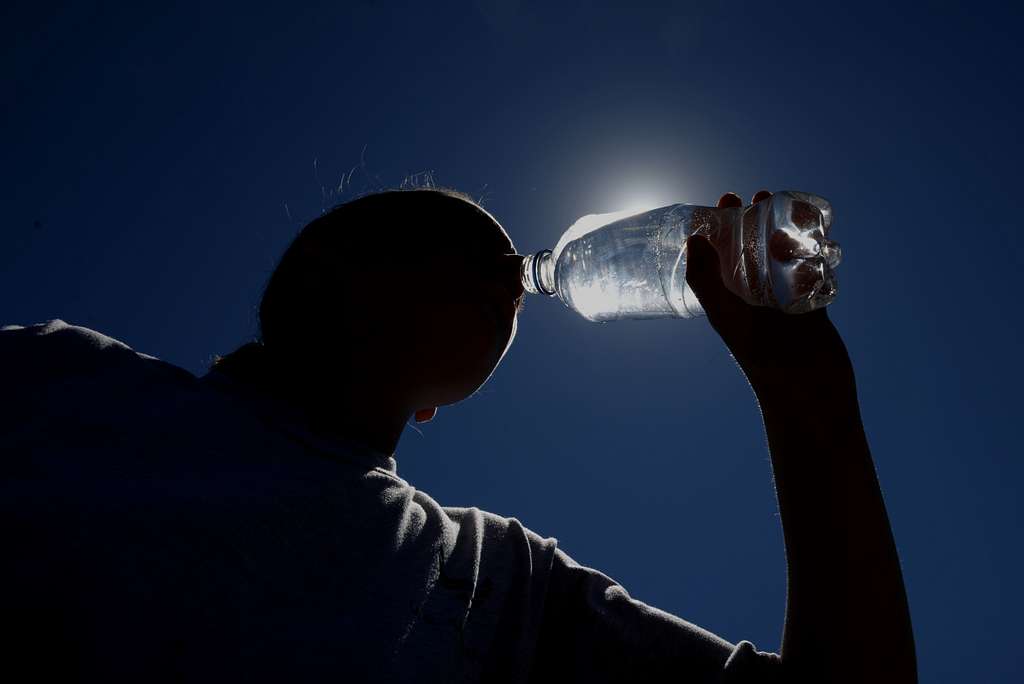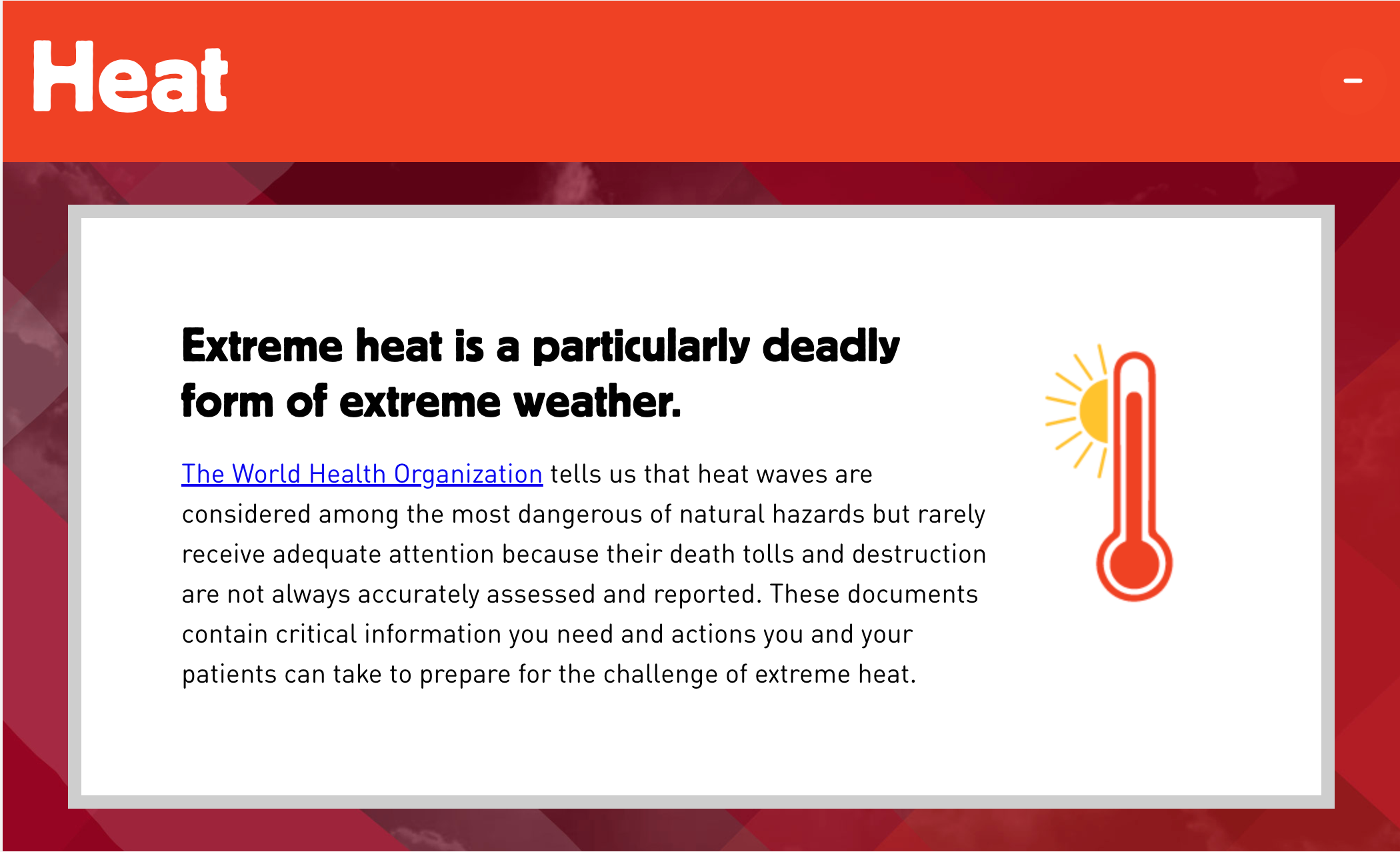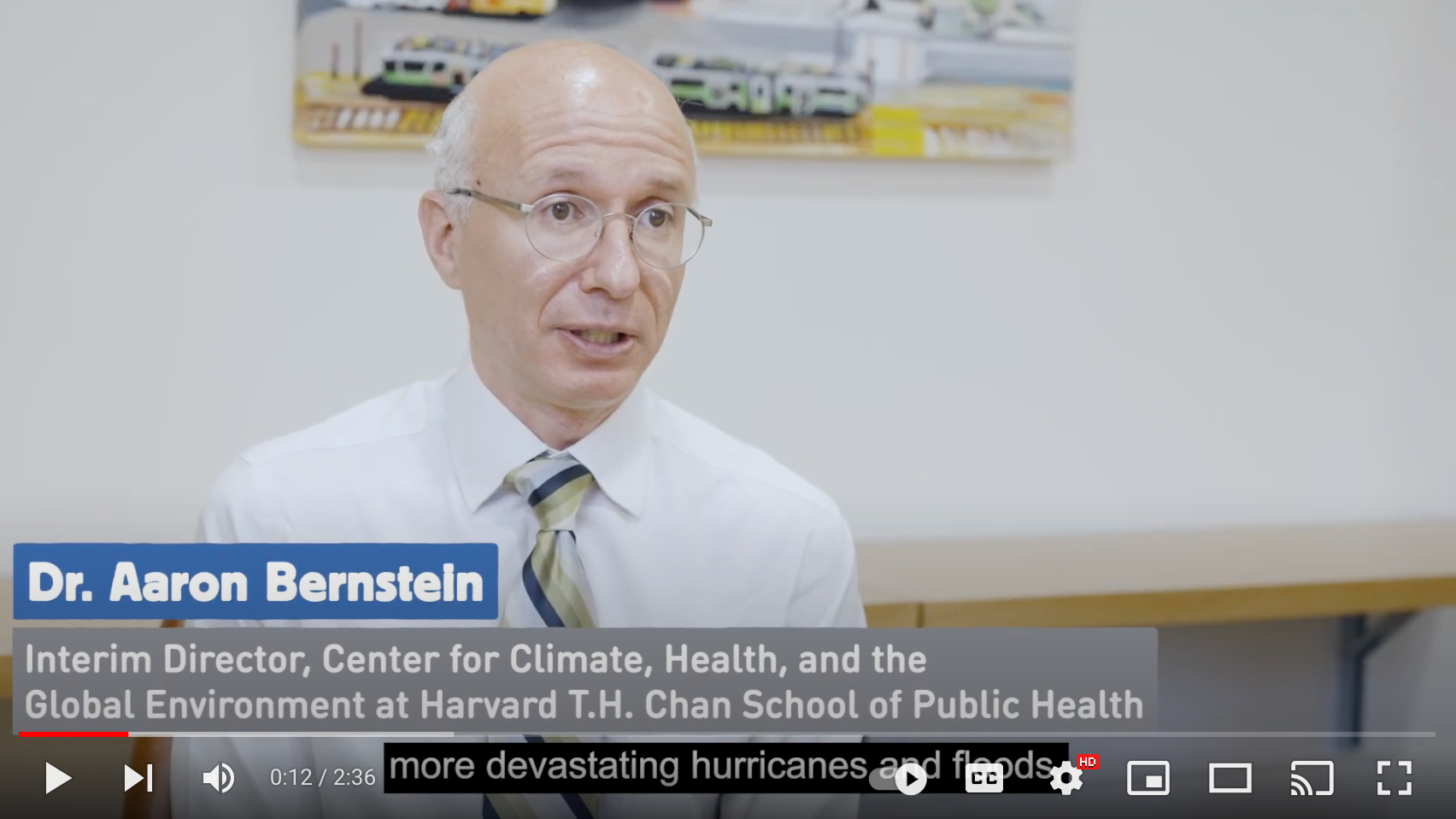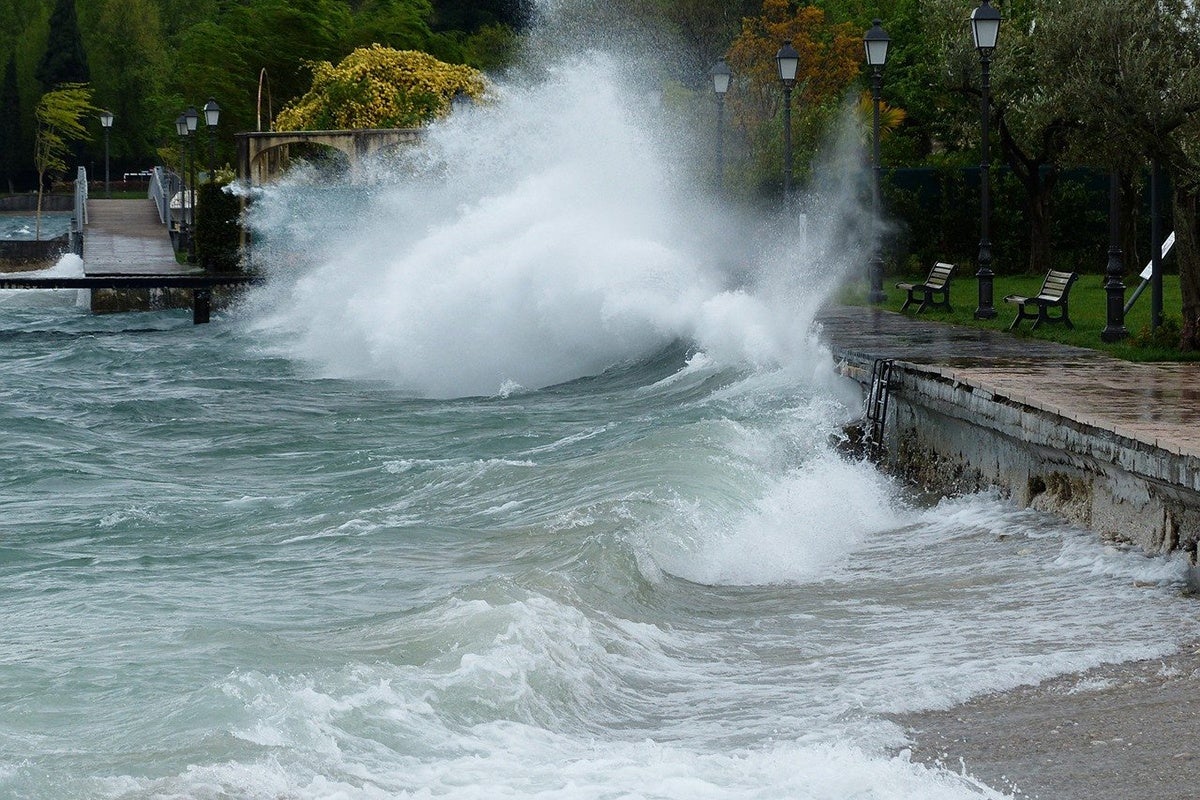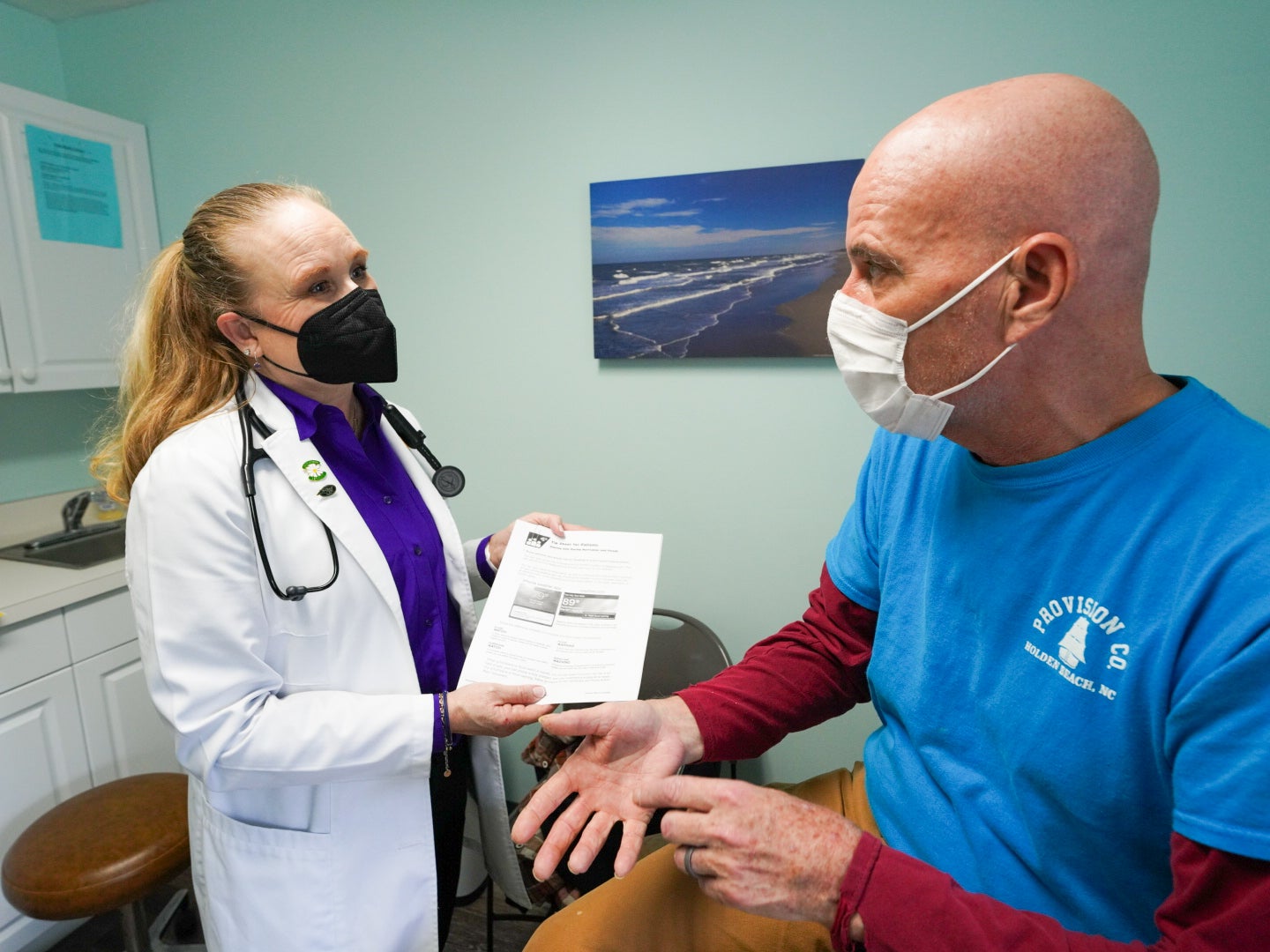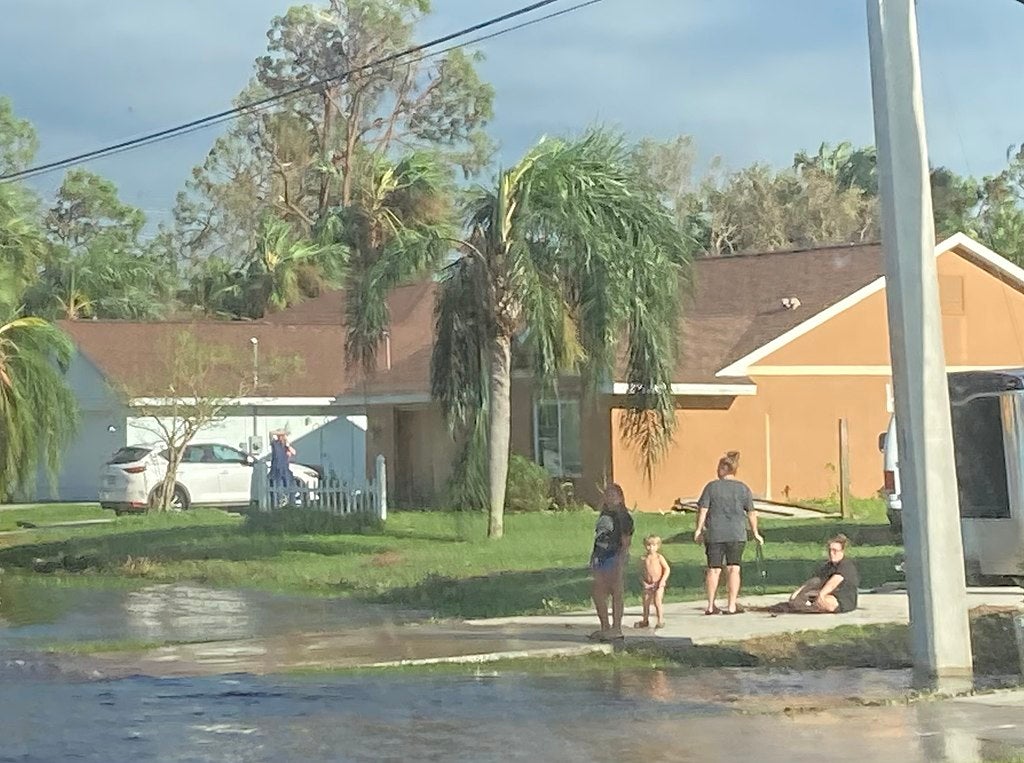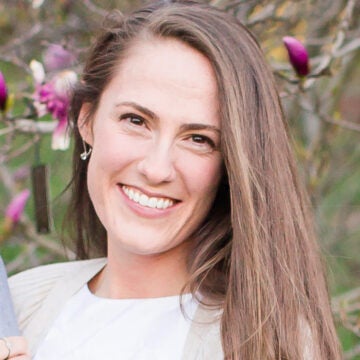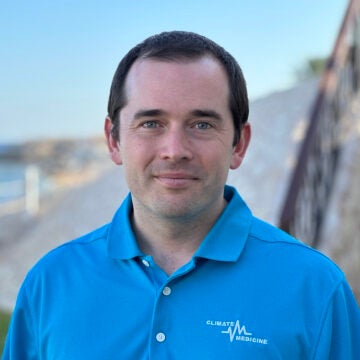Climate shocks, in the form of more intense heatwaves, wildfires, hurricanes, and downpours, disrupt healthcare delivery through destroyed infrastructure, power outages, and interrupted supply chains. The primary response to these risks is often strengthening buildings and installing backup power generators and flood barriers. Fortifying facilities can promote resilience and help maintain operations around extreme events, but it can miss one important part of delivering care: the people who need it.
People whose health is most at risk may never make it to a health care facility or a big urban hospital where most investments have been made when climate shocks occur. Taking an equitable, patient-centered approach to climate action enables health care to meet its climate change obligations and its responsibilities to deliver high-quality care for the betterment of all.
Harvard Chan C-CHANGE is working with frontline health clinics that serve predominantly low-wealth people to safeguard their patients’ health. When disasters strike, these clinics often serve as a safety net, stepping up to provide whatever is needed in their communities. Our programs create a pathway to reach frontline communities in the right way at the right time to do everything possible to prevent foreseeable harms from the climate crisis.
To learn more, please reach out to Sweta Waghela at swaghela@hsph.harvard.edu.
Resources to Build Climate Resilience in Frontline Clinics
Using our groundbreaking survey with over 450 clinic staff from 47 U.S. states and territories, we are working with Americares to create tailored resources for health care providers, staff, and patients on extreme heat, wildfires, hurricanes, and floods. Resources include patient tip sheets and action plans, clinical guidance sheets, and preparatory checklists for clinic administrators. We are working with clinics in California, Massachusetts, North Carolina, and Texas to put these materials into practice. The resources are publicly available, allowing all clinics serving free or low-cost health care to uninsured or underinsured patients to be better equipped to manage care and protect patients from climate risks. Learn more.
Action Plans to Protect High Risk Patients
We are working with health clinics in Arizona, Florida and Louisiana to pilot a program to protect the most vulnerable patients from the health impacts of climate change, including extreme heat and wildfire smoke. Participating clinics will use an online assessment tool developed with Americares to generate customized heat action plans to help clinics prepare for and protect their patients’ health from these climate risks. The project will help health care providers better manage patient care as it aims to prevent weather-related illness when vulnerable patients are most in danger. With support from Johnson & Johnson, we are starting with clinics in three states and plan to expand across the country with a goal of bolstering climate resilience in 100 free and charitable clinics and community health centers by 2025. Learn more.
Alert System for Climate-Driven Health Threats
Working with Climate Central’s Realtime Climate platform, we are piloting a free program to alert health clinics serving low-income populations when climate-driven health threats are imminent in their locale. The first round of messaging focuses on extreme heat, with the potential to expand to other health threats, such as wildfire-related smoke and pollen-triggered allergies. By receiving Realtime Climate alerts, clinics will be better positioned to prepare for and protect patients whose health is more at risk from climate shocks. The alerts will also build the capacity of health care providers to speak knowledgeably about climate change when health effects are occurring in their communities.
Educational Opportunities for Clinics and Health Care Providers
We are developing educational and community-building opportunities for clinic providers and staff who want to learn more about the links between climate change and health to drive actionable change in their clinics. We are leveraging several platforms to reach health care providers including executive education courses at Harvard and online trainings with Americares and the National Association of Community Health Centers. In the spring of 2024, we will debut an executive education course for practicing physicians on Climate Change, Planetary Health, and Medicine at Harvard Medical School.

